All’s Well That Ends Well
It is an ending that works for the movies, for Shakespeare and it also works for teams. When you are part of a team, you must plan for a happy ending!
We’ve observed too many teams coming to an abrupt and unsatisfying conclusion. Unfortunately, when you don’t end well you may find that team members are less enthusiastic the next time they are serving on a team.
Here are the critical components of ending well:
- Plan the ending. One of the most frustrating volunteer experiences we’ve had was being part of a never-ending team! When you have clearly defined what you want to accomplish and you get it done, disband the team. Decide what “done” looks like and then plan for the ending.
- Celebrate your achievements. Every team is different, so there is no “one size fits all” celebration. Determine what is meaningful and rewarding for the team. This goes beyond having a party. Pizza for everyone is great (if members aren’t gluten or lactose intolerant.) However, to make this a truly meaningful experience, the team must spend time recapping what went well and what was accomplished.
- Learn lessons. Some people call these post-mortems, which sounds solemnly dreadful. This should never be a whining or finger-pointing session. The real value is not just spending time identifying the lessons, it comes from deciding how to APPLY them. Lessons are no good if they aren’t learned from and put into action.
- Say good-bye and thank you. We recommend that whether you are a team member or a team leader, when the goal is accomplished and the team is adjourned, take a few minutes to personally connect with each person on your team. Thank them for their contribution and wish them well. It’s the little things that bring a happy ending.
As outlined in this series, the stages of group development include forming, storming, norming, performing and now adjourning.
Working with a team is a process that takes time and focused attention. There are many things that can derail a team and hamper productivity. Periodically evaluate team health to proactively address issues such as dysfunction and low morale before they impact your results.
Reply to this email if you’d like to find out more about Team TuneUP, our proven process that helps good teams become great!

